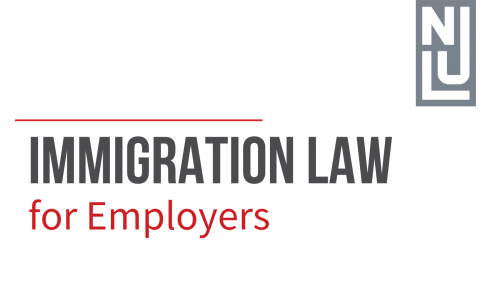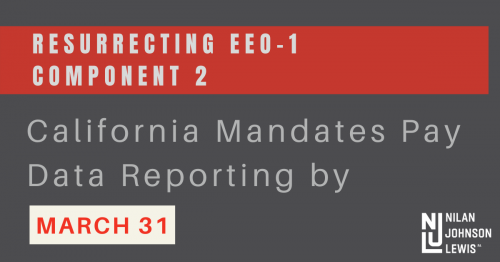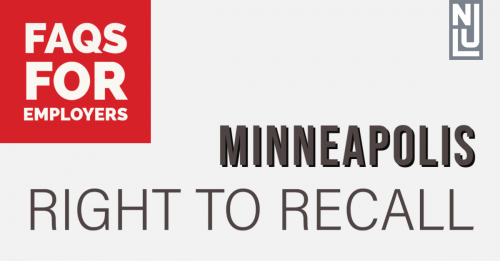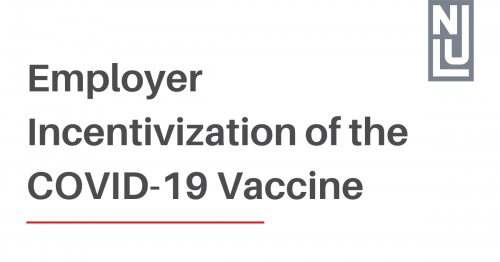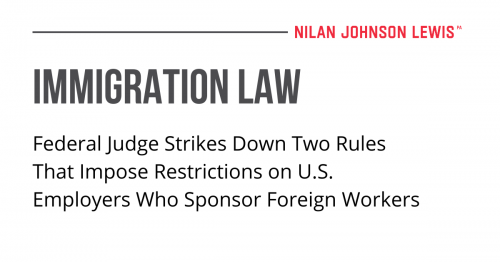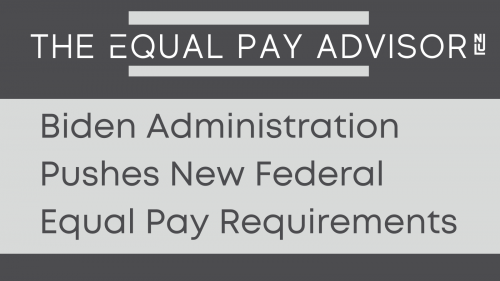
Posted May 24, 2021 with Tags The Equal Pay Advisor
Biden Administration Pushes New Federal Equal Pay Requirements
During the Trump Administration, equal pay advocates focused their attention on legislative and regulatory changes at the state and local levels. These advocates believed change was impossible at the federal level. Still, they successfully convinced states to revise their equal pay statutes and enhance state-level protections against pay inequities. However, with the changing of the White House, pay equity advocates have refocused their attention back on the federal government.
